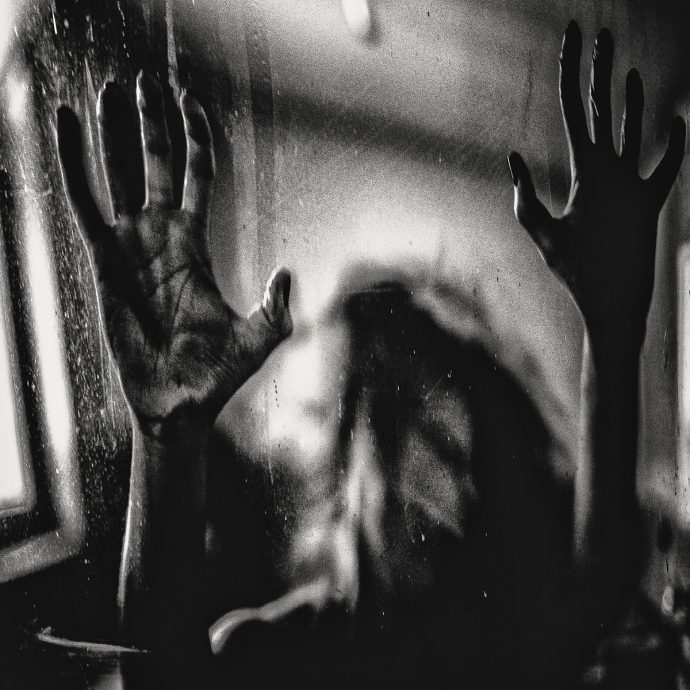I’m certain there’s some post-rock fanatics out there awaiting coverage of MONO-guitarist, Takaakira Goto’s solo project, Behind the Shadow Drops. After all, MONO has nearly two decades under their belt –putting a good deal of promise behind Taka’s work. But if you haven’t heard of Taka’s history with MONO, brace yourself, his composition will blow you away. Taking up the name, Behind the Shadow Drops, Taka has released, Harmonic. The album is an exploration of everything depressing, deliver purely by instrumentals, and it is astounding.
Harmonicis a wonderful collection of soundscapes built in a minimalist-electronic and often times classical-inspired style. For instance, the first track, “The End of Daydreams” takes on a more industrial atmosphere. Eerie synthesizers and a gentle rhythm ease you into the bulk of the song –which is driven by solemn guitar lines. The follow-up, “Trace of Snow Waltz” leads with a set of keys and incorporates a slow, heart-wrenching cello line. Each of Taka’s pieces are engulfing and tied together seamlessly, creating an almost theatrical experience.
As I worked through each subsequent listen of Harmonic,I was uncomfortably moved. The album has an incredible degree of sentimentality, that comes across through surprisingly simple lines. With that in mind I can’t claim there is some musical inventiveness or impressive lines –but that isn’t Harmonic‘s place. Rather the album captures a sense of dreary melancholy and then pours it through your speakers –framing the world around you as dark and gloomy.
The third track, “Utopia,” stood out as particularly dystopian. A sludge of electronic lines creep through while the repetition of a cymbal generates an industrialized sense of dread from within. Clean guitar notes add a human element, provoking a sense of loss. As the track incorporates more strings, it gains more depth, and subsequently digs just as deep into your own soul.
Despite the masterful composition –Taka being able to really tug on my heartstrings, I still wish there was some degree of more involved or perhaps less generic sounding instrumentation. While Harmonic thrives on its own simplicity, the album lacks the wherewithal to really warrant the listener’s undivided attention. It’s great background noise, and it absolutely triggers an emotional response –but it feels empty otherwise. Again, I don’t believe this is what Harmonic was striving for, but a post-rock fan, just for example, would likely be disappointed by the lack of development in each lengthy track.
To counter this perspective; the title-track is much more involved, with some thoughtful string effects, plenty of texture, and a strong but drawn-out build. With a minute to finish, “Harmonic,” dives into a pool of distortion, creating a noisy exit. It’s a much needed blast of energy to level out an otherwise mood-draining album. Nothing like a little bit of extra distortion.
Harmonic comes to its close with “Warm Light.” The track is driven from start to finish with strings. Keys find their way into the mix, and the song unfolds like a breath of fresh air –it’s a clean finish to help you escape the bleak listen. Contemplative notes wind themselves around each piano chord, creating an ongoing chain. It’s a wonderful close, and completes Harmonic nicely.
Ultimately, Harmonicis something of a surprise release –I wouldn’t expect many people to be on the lookout for a solo project of a Japanese musician. If you have an interest in ambient or post-rock however, you really owe it to yourself to listen to Harmonic. Takaakaira Goto’s pedigree is more than enough to warrant curiosity –but his album will leave you contently somber, guaranteed.
Rating: 8.5/10

